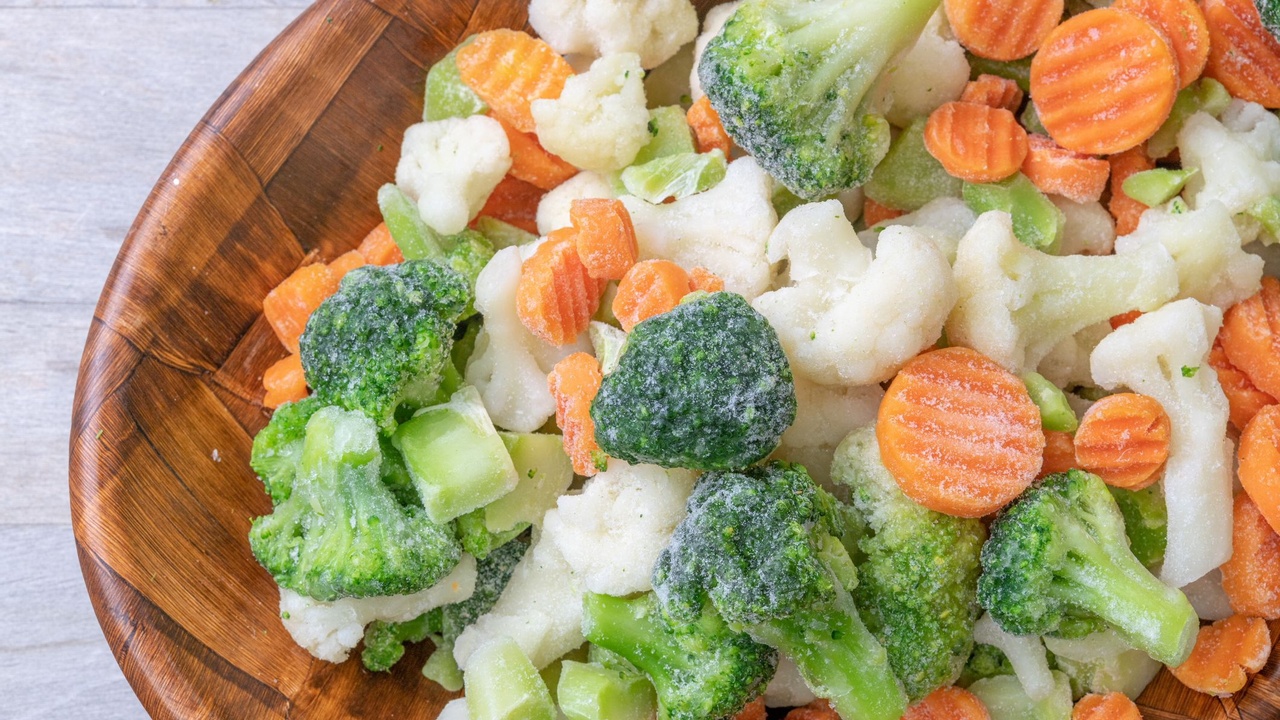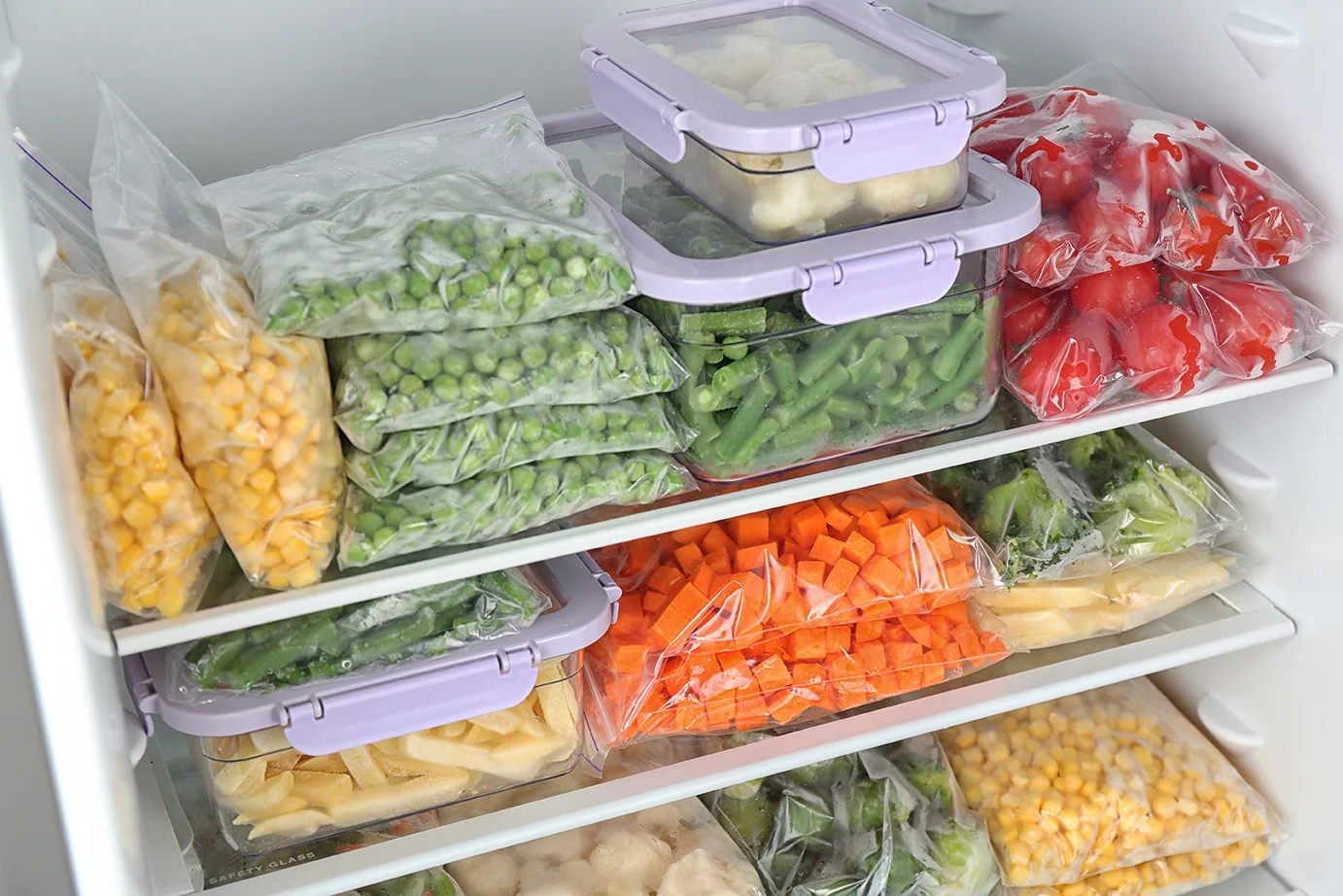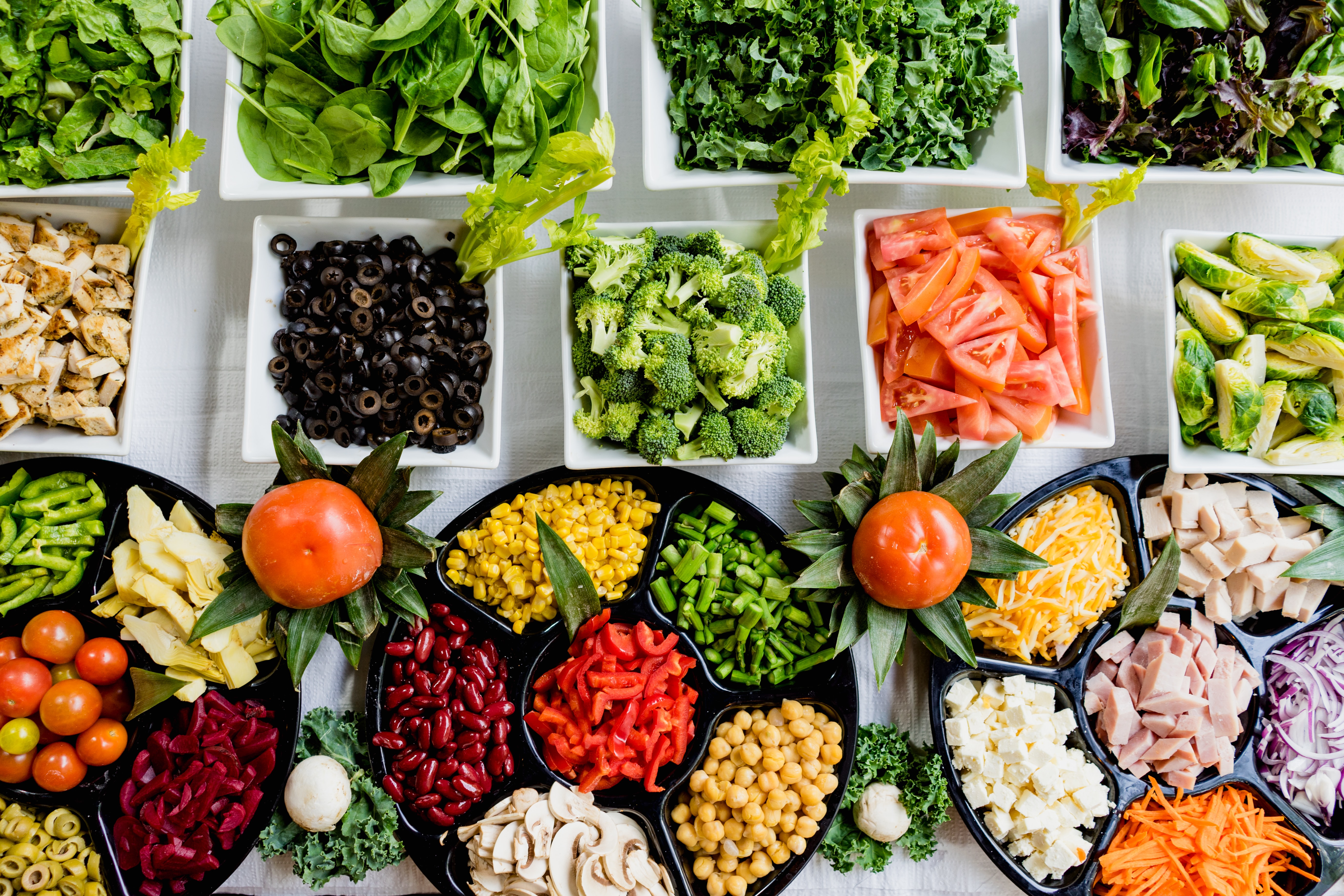Frozen vs. Fresh Vegetables: Which Should You Choose?

If you are a healthy eater, you’ve probably already wondered if frozen vegetables are as healthy as fresh produce.
Many people have strong views against frozen goods, but the topic is actually more complex than it first appears.
After all, is there really a difference between fresh and frozen?
And if yes, which one is best?
Let’s see…
The advantages of frozen vegetables
Why would someone choose to buy frozen rather than fresh vegetables?
The main advantage of frozen produce is convenience.
Too busy to go grocery shopping? No problem, frozen veggies are always available in your freezer, ready to be used.
No time for meal preparation? Frozen veggies are pre-cleaned and pre-cut, so they’re quick and easy to prepare.
Also, you don’t have to wash and eat them all within a few days of buying them. You can take only the quantity you need for the meal and leave the rest in the freezer.
Frozen produce is a good option if you’re in the mood for a fruit or vegetable which is not in season.
So, the main advantage of frozen produce is convenience, and that’s really important if you think that the lack of time is often the main reason why people don’t eat enough vegetables.
And while it’s important to find the time to prepare your own meals from fresh ingredients, let’s face it, when you need a shortcut, frozen veggies are a great option.

But is frozen produce as nutritious?
Having frozen vegetables at hand when you’re short of time is therefore very useful to ensure you can still eat your veggies.
But are frozen vegetables as nutritious as fresh produce?
The short answer is: overall, yes – sometimes the freezing process reduces their nutrient content and sometimes it increases it.
Frozen produce is processed quickly after harvesting, while fresh produce is actually not that fresh anymore when you finally get to eat it.
By the time you buy your fresh produce, 7-10 days may have already passed since harvesting. Then it will probably spend a few more days in your fridge.
A recent study analysed the nutrient content of frozen vs. “fresh-stored” produce. Produce was considered “fresh-stored” when it had been refrigerated for 5 days at home after its purchase (which was considered by the researchers a typical storage pattern).
The research focused on the concentrations of vitamin C, provitamin A and total folate (vitamin B9) of broccoli, cauliflower, corn, green beans, green peas, spinach, blueberries and strawberries.
The research didn’t find any evidence for the common belief that “fresh-stored” produce is more nutritious as its vitamin content wasn’t significantly higher.
Similarly, another study from the University of Chester analysed the vitamin and antioxidant content of fresh vs. frozen produce and couldn’t conclude in favour of fresh or frozen.
In relation to antioxidants, the polyphenol content was found to be higher in some fresh foods, but this was not always the case. For example:
- fresh and frozen carrots had similar levels of polyphenols
- the trend for frozen broccoli, blueberry and spinach samples was that they were lower in polyphenols
- lutein and beta-carotene tended to be higher in frozen broccoli, carrots and Brussels sprouts
- total anthocyanin content of frozen blueberries was lower than the fresh samples
So, the topic is maybe complex, but this is not a problem.
The main point is that if adding frozen vegetables to your diet makes you eat more fruits and vegetables, then just go for it!
The more veggies you eat, the better for your health - regardless of whether it’s fresh or frozen.

Two important things you should always check
There are two important things you should always check before buying frozen foods:
1. The Ingredients List
Some frozen fruits and vegetables may contain added ingredients such as salt, fat and sugar. Therefore always check the ingredients list to make sure it only contains the fruits or vegetables you want to buy.
2. The Processing Method
Often, frozen veggies lose their nutrients not because they’re frozen, but because they’re pre-cooked. For example, frozen broccoli don’t contain their precious cancer-fighting antioxidants due to the blanching process which precedes freezing. You should therefore always check how the frozen produce is processed before deciding whether to buy it.
So, to go back to our initial question: “frozen vs. fresh vegetables: which ones should you choose?”, the answer is BOTH!
The key to a healthy diet is eating lots of fruits and vegetables, so the total intake is more important than the frozen vs. fresh debate.

